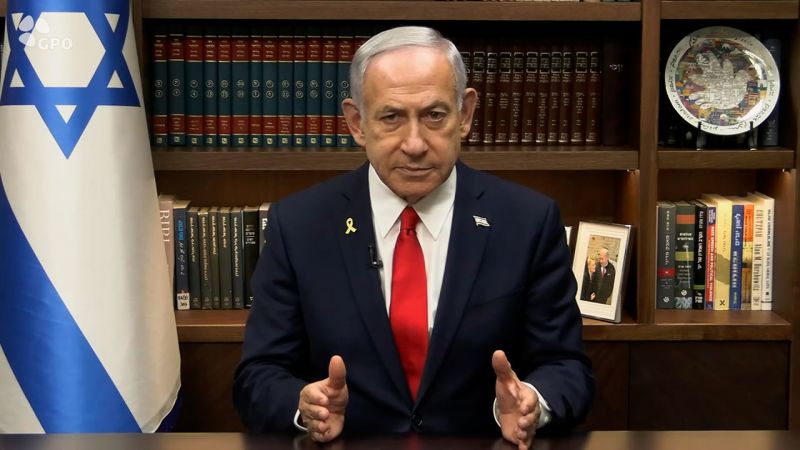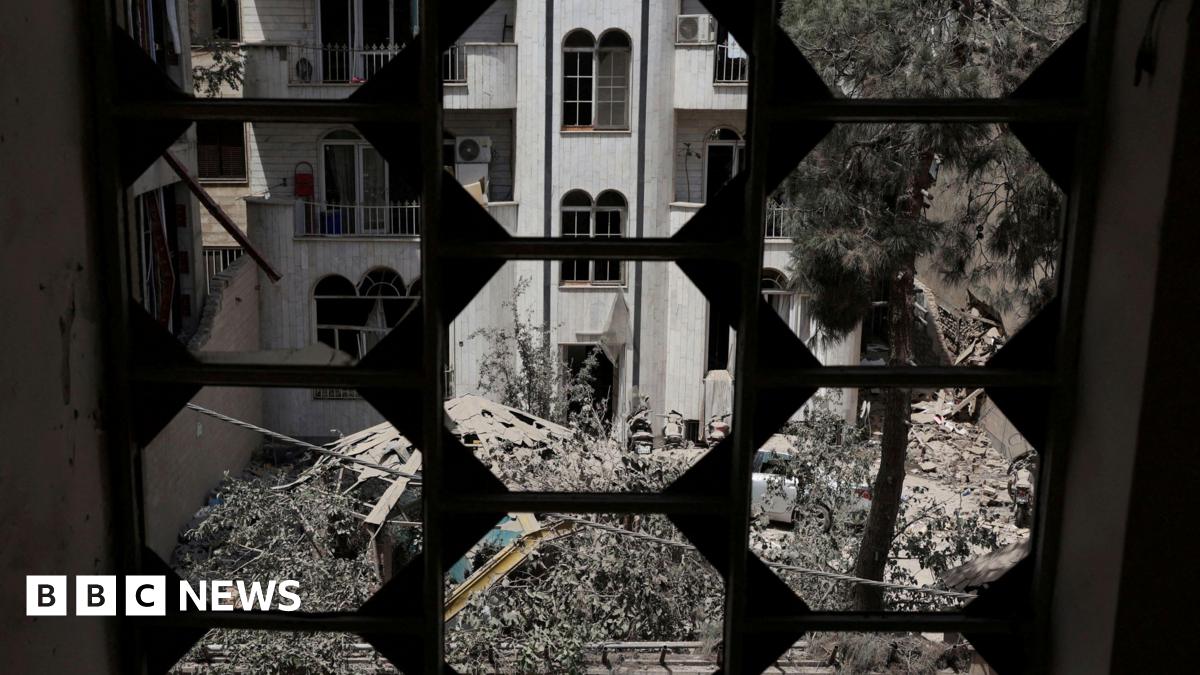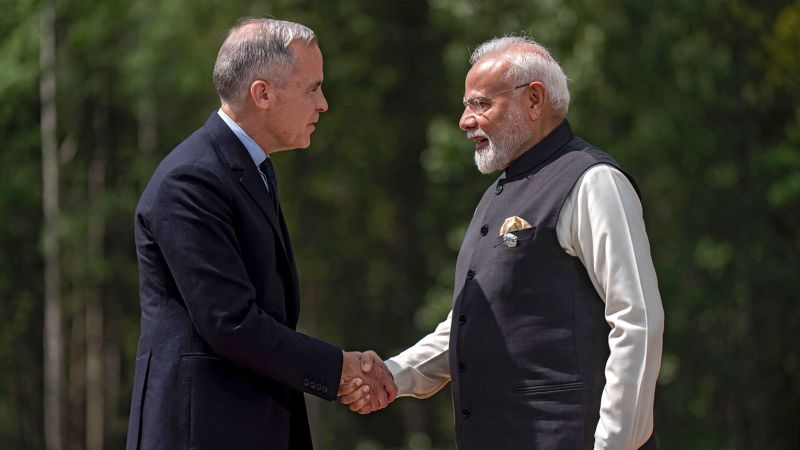Iran's Succession Race Heats Up: Who Will Replace Supreme Leader Khamenei?

Recent Israeli attacks have dramatically accelerated Iran's search for a successor to Supreme Leader Ayatollah Ali Khamenei. The aging leader and his family have reportedly gone into hiding, intensifying speculation about the future of the Islamic Republic. Insiders reveal a complex and potentially volatile succession battle is underway, with several key contenders vying for the position.
The Frontrunner: Mojtaba Khamenei
The most widely discussed candidate is Mojtaba Khamenei, the Supreme Leader's son. He's long been considered a potential heir, and recent reports suggest his position has solidified. While lacking the same level of religious scholarship as his father, Mojtaba possesses significant political influence and enjoys the unwavering support of a powerful faction within the regime. His rise to power would likely ensure a continuation of the current hardline policies and a tightening of control over Iran's political landscape. However, concerns exist regarding his alleged involvement in covert operations and his perceived lack of broader appeal beyond the inner circle.
The Moderate Challenger: Hassan Khomeini
Presenting a potential contrast to Mojtaba, Hassan Khomeini, grandson of the late Ayatollah Ruhollah Khomeini (the founder of Iran), is emerging as a credible alternative. Hassan is a respected cleric with a reputation for moderation and intellectualism. He has publicly expressed views that are somewhat more conciliatory than those typically heard from hardline figures, and his lineage – stemming from the original revolutionary leader – grants him considerable legitimacy. Should Hassan Khomeini emerge as the successor, it could signal a shift towards a more pragmatic and potentially less confrontational approach to both domestic and foreign policy. However, his moderate stance also presents challenges, as he would likely face resistance from staunch conservatives within the ruling establishment.
The Context of Escalating Tensions
The urgency of finding a successor is amplified by the escalating tensions between Iran and Israel. The recent Israeli attacks have underscored the fragility of the region and the potential for conflict. A power transition within Iran could significantly impact the stability of the Middle East, influencing everything from nuclear negotiations to regional alliances. The successor's approach to dealing with Israel will be a critical factor in determining the future trajectory of the conflict.
Beyond the Top Two: Other Potential Candidates
While Mojtaba and Hassan are the most prominent names, other figures are also being considered. These include senior clerics and military leaders who could potentially leverage their influence to secure the position. The selection process is shrouded in secrecy, with decisions ultimately resting within a small circle of influential individuals. The Iranian constitution outlines a complex process involving a council of experts who will ultimately choose the next Supreme Leader.
The Stakes are High
The succession of Ayatollah Ali Khamenei is arguably the most significant political event in Iran in decades. The choice of his successor will shape the country's future for years to come, impacting its relationship with the world and the lives of its citizens. As Iran navigates a period of heightened uncertainty, the race for leadership is intensifying, with profound implications for the region and beyond.






